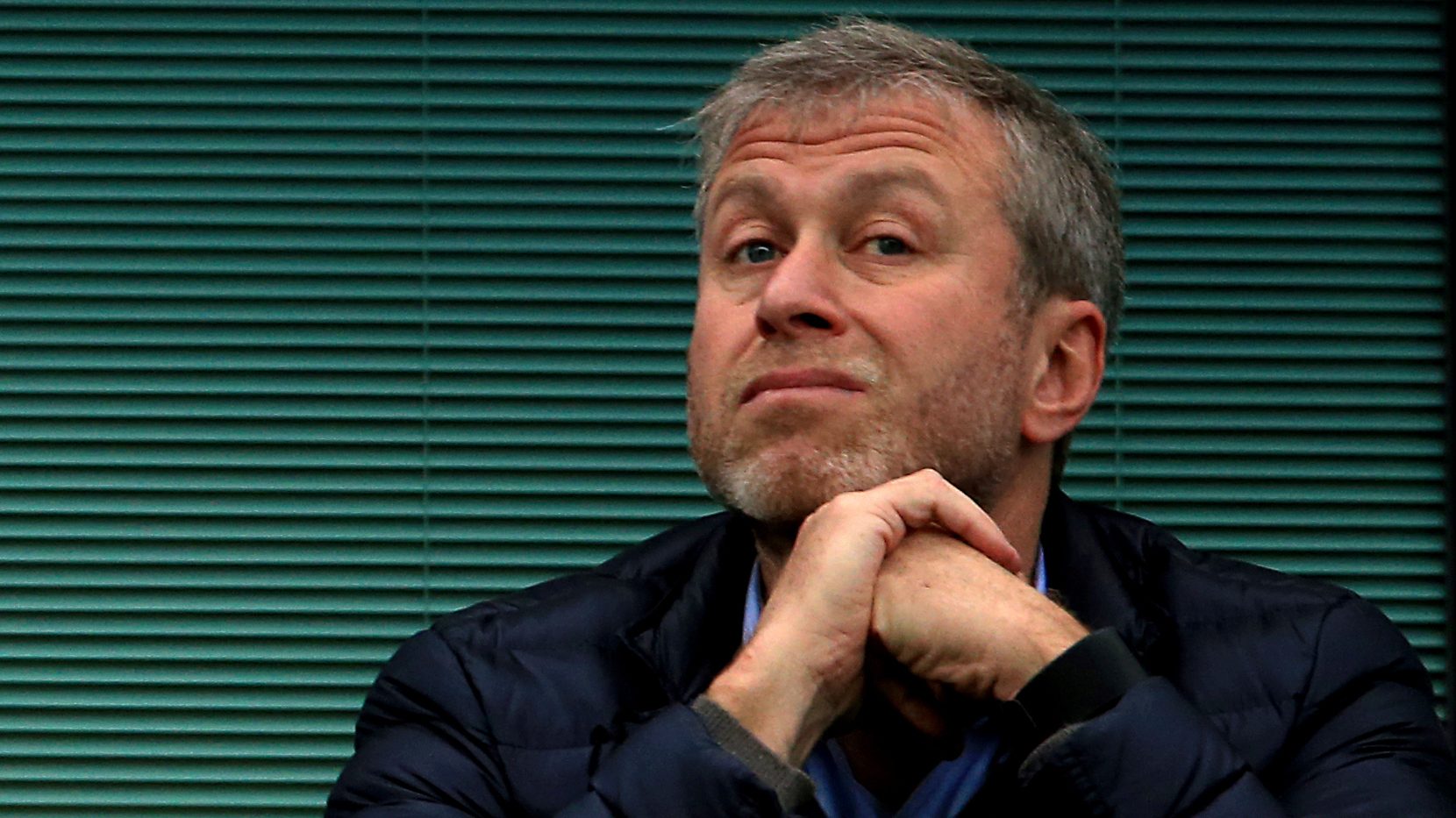Last Saturday, as British football fans, including the hosts Burnley, were applauding the people of Ukraine in solidarity, the visiting Chelsea hardcore decided instead to chant the name of their owner.
There has always been something supremely defiant and obnoxious about many Chelsea supporters. I should know. I am one.
Over the past three decades, I have been either a member or season ticket holder. I have wanted my team to win (something they did with admirable regularity), while trying to pretend that it wasn’t bankrolled by one of Vladimir Putin’s closest oligarchs. In the early years, after he bought the club in 2003, the loudspeaker would play the Russian folk song Kalinka. Roman Abramovich would wave imperiously from his bullet-proof box to an adoring crowd. I would look down at my feet.
Now Abramovich has been rumbled, sanctioned, declared persona very much non grata. Not before time. He was not the very richest, possibly not the very worst (though in this rogue’s gallery it’s hard to tell), but he was the best-known of all the Russians.
He set a trend that quickly gathered Emiratis, Thais, Americans, Chinese, Saudis and other assorted super-rich of questionable repute at global soccer’s top table. Most of the investment was concentrated on the money laundering island paradise, the UK. It was no wonder that Premier League clubs dominated European competition.
What now for Chelsea and what now for football? The situation with the club is changing by the hour. It has been told by the British government that it can play its matches, it can spend reasonable travel and catering expenses, but it cannot trade commercially. No merchandise; no hotel bookings. And, if this goes on, no ability to buy or sell players. Meanwhile, its key sponsors are considering their positions. It is not a great look to be seen associated with a company whose assets have been frozen.
Abramovich can no longer sell the club. The government will have to come up with a facility that allows him to divest himself of it, without getting anything in return. This will be a commercial lawyers’ paradise.
Had he been savvier, he would have got rid of it earlier, given that the Brits had already let it be known that he wasn’t welcome when his visa was not renewed in 2018. His Israeli and then Portuguese passports gave him the technical right to travel to the UK, but he rarely came. He tended to be seen only at the odd international away match in ‘safe’ countries, such as recently for the World Club Championship final in Abu Dhabi.
It would be a superhuman feat for the extraordinary events not to affect the Chelsea players on the pitch in the next few weeks, nor for the stars or the coach to consider their positions at the end of the season; but that is perhaps one of the world’s lesser pressing concerns.
As for the wider ethics of the game, it would be naïve to predict a new trend, greater circumspection or stronger regulation. Money talks. Abramovich may end up counting himself unlucky.










